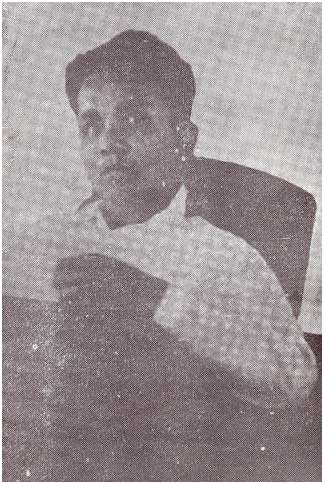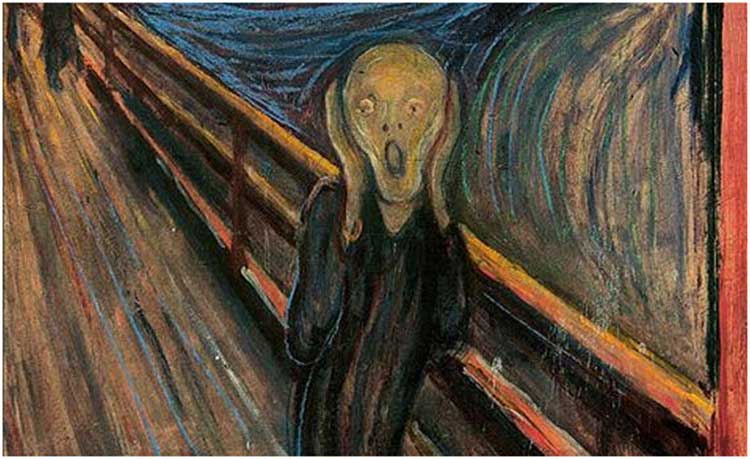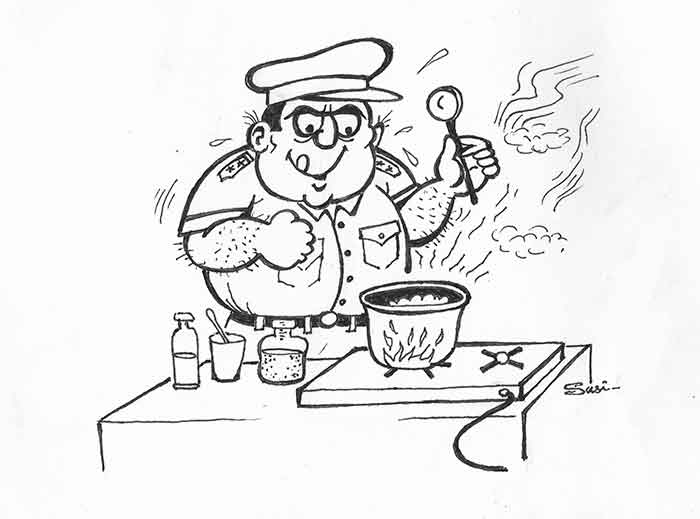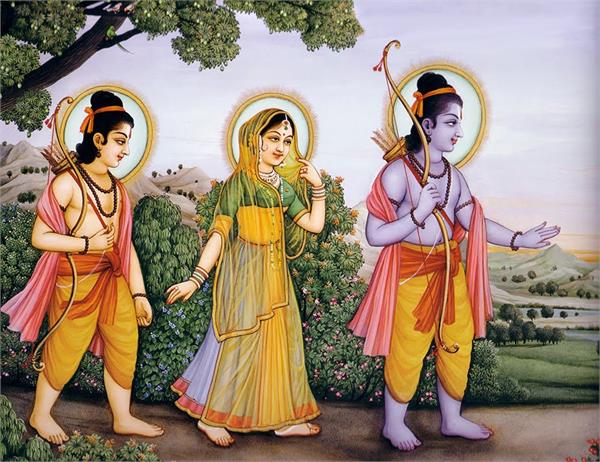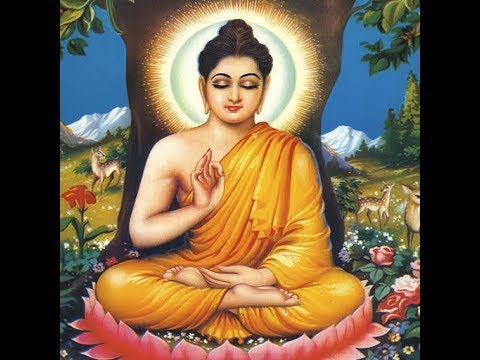
Puta Bhatta Jataka. The Buddha himself had narrated this story to a married couple. He had waited for them ‘like a hunter on the trail’ in his monastery cell in Jetvana, wishing to teach the husband a few lessons in gender equity. I read the Buddha’s skeletal story of his past birth enough times to know every word of it.
In an earlier incarnation, Buddha had been born to a wise courtier serving King Brahmadatta of Benaras. The courtier’s son referred to himself as bodhisatta, the enlightened one who directs others on the path to salvation. On coming of age, the bodhisatta becomes adviser to the king in both temporal and spiritual matters.
The king fears his son. In time, he exiles him. When the prince is made to leave the kingdom, he takes his wife with him. They settle down in a village and live there in hardship and anonymity. The king dies, the prince learns of this and proceeds to return to Benaras to claim the throne. En route, he is served food which he is enjoined by the donor to share with his wife. He eats it all himself; his wife witnesses this and sees his cruelty.
Crowned King, he gives very little to his wife; no consideration, no honour. The bodhisatta notes this, also notes the queen’s steadfast silent love for her husband. He uses a ploy to address this impasse: he begs the queen for charity for the old monks. The queen replies, “Dear sir, I never receive anything myself; what shall I give to you? When I received, did I not give? But now the king gives me nothing at all: let alone giving anything else, as he was going along the road he received a bowl of rice, and never gave me a bit – he ate it all himself.”
The bodhisatta asks the queen if she would repeat these words in the king’s presence in response to his same request for charity. She agrees. At an opportune time, the bodhisatta requests her for charity in the presence of the king. The queen repeats the same candid words she had spoken earlier. The bodhisatta goads her to leave the king in words strongly expressed both through prose and poetry: “Then lady, why dwell here with the king after he has become unkindly? While you dwell here, loveless union will bring you sorrow.”
“Return neglect for negligence, nor stay
To comfort him whose love is past away.
The world is wide; and when the birds descry
That trees have lost their fruit – away they fly”.
Recognising his wife’s steadfastness in the force of the Bodhisatta’s words, the king melts, gives her full honour and they dwell together in friendship and harmony.
A strange story, with skeletal details. Nothing on the relationship between father and son, between husband and wife before the time he was anointed king.
The old king was a strange man. He feared his son. What he should have feared and faced was a terrible apathy in himself – the root of which was a crippling pessimism about the future. He couldn’t care, commit, decide, nor even retain emotion as memory. He projected his own apathy onto his son – pulverizing the boy’s emotions in his very childhood. The result: such apathy in feeling, such a flat emotional affect that it could even drive father to exile son on the basis of some unquestioned fear.
When the old king dies, the prince returns to claim his kingdom. It is en route that his wife sees his ‘flat affect’. The death of his father triggers the assertion of the prince’s underside – a narcissistic ego that places him first in the scheme of things, and everyone else a far second. She recognises him as a cruel unfeeling man and is filled with sorrow. The sins of the father shall be visited upon the sons……
Nonetheless, what the bodhisatta notices is the queen’s steadfast love, and this despite her husband’s unloving disregard of her. Besides, the bodhisatta must have seen these traits show up in the king’s rule as well – towards his administration, towards his people. His observations compel him to use ploys, both for the queen and the king, to see if the problem can resolve itself in the fullness of the queen’s love. The good thing is that the queen agrees to air her grievance to the king – publicly. Sure, she had to wait for the right moment, for the time to be ripe. She had had enough. So when the time was right, she found pivotal support in the bodhisatta who goaded her and goaded her into leaving the king. His antiquated words ring through a timeless reality:
“Honour for honour, love for love is due:
Do good to him who does the same to you:
Observance breeds observance; but ‘tis plain
None need help him who will not help again.”
It was probably the shock of seeing the queen’s love for him, and the potent goad provided by the bodhisatta that his wife could leave him that released suppressed feelings in the king’s psyche – setting free a return rush of love in a resolution that dissolved all issues.
The moment has to be right. The moment will be right. Even though I have not enlightened bodhisatta to help me.
Neera Kashyap has worked on health, social and environmental communications. As an author, she has published a book of stories for young adults titled, ‘Daring to dream’ (Rupa & Co.,2003) and contributed to five prize-winning anthologies published by Children’s Book Trust. As a literary writer of short fiction, poetry, essays, story/book reviews and creative non-fiction, her work has appeared in two poetry anthologies published in the U.K. (Clarendon Publishing House and The Poet) and in several South Asian journals including Papercuts, Kitaab, Mad in Asia Pacific and Out of Print & Blog. She lives in Delhi. Contact: [email protected]
SIGN UP FOR COUNTERCURRENTS DAILY NEWS LETTER


